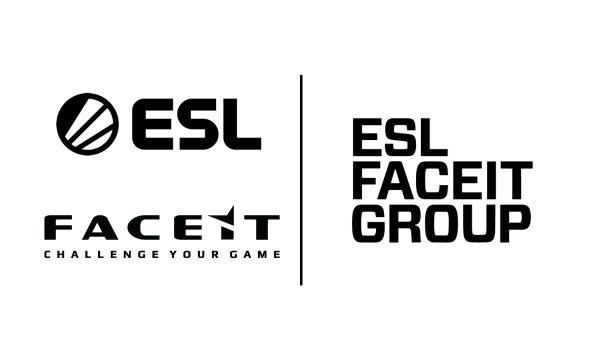The global esports industry, often portrayed as a booming frontier of entertainment and competition, is once again experiencing the less glamorous side of corporate realities. Reports indicate that ESL FACEIT Group (EFG), a titan in esports event organization and platform management, is undertaking a significant round of layoffs, affecting hundreds of employees across its divisions.
Behind the Curtain: The Scale of Redundancy
According to seasoned esports journalist Richard Lewis, citing internal sources, this latest wave of restructuring will see at least 200 individuals depart from the company. The impact is not evenly distributed: ESL, the venerable event organizer, is expected to see over 200 roles eliminated, while its platform counterpart, FACEIT, will cut approximately 50 positions. Employees reportedly received email notifications, indicating that direct supervisors would follow up with those affected – a common, if somber, procedure in such circumstances.
A curious detail emerges from these internal communications: there will be no public announcement regarding these layoffs. The rationale, as conveyed by Lewis`s sources, is to avoid diverting attention from two marquee events: the Esports World Cup 2025 and IEM Cologne 2025. One might observe that the timing, coinciding with the industry`s focus on future spectacles, suggests a keen awareness of public relations, prioritizing the uninterrupted spectacle over transparent corporate discourse. Those departing are reportedly offered a “good severance package” and priority consideration for future contractor roles at EWC events, a pragmatic gesture to retain institutional knowledge while reducing full-time overhead.
The Accelerated Pursuit of Profitability
The driving force behind this latest round of layoffs appears to be an aggressive recalibration of financial targets by Savvy Games Group. Savvy Games Group, a subsidiary of Saudi Arabia`s Public Investment Fund, acquired ESL FACEIT Group in 2022 for a reported $1.08 billion from Swedish media holding company Modern Times Group (MTG). Initially, Savvy`s plan was to steer EFG towards profitability over a ten-year horizon. However, current intelligence suggests this timeline has been drastically compressed, with the new directive demanding profitability by 2026.
This revised mandate implies a rapid shift in operational strategy, likely focusing on cost efficiencies and streamlined operations. The esports sector, while experiencing rapid growth, has often prioritized expansion and market share over immediate profitability, a trend observed across many nascent digital industries. Savvy Games Group`s decision to accelerate this timeline signals a more conventional, bottom-line-focused approach, common in mature industries but potentially disruptive in the dynamic esports landscape.
A Recurring Pattern?
If these reports are confirmed, this will mark the third significant wave of layoffs at ESL FACEIT Group since its acquisition by Savvy Games Group in 2022. The most recent preceding cutback occurred in February 2024, which also saw more than 200 employees laid off. This recurring pattern raises pertinent questions about the long-term sustainability model for major esports entities and the broader industry`s trajectory. While consolidation and optimization are natural phases in any maturing market, repeated, large-scale reductions can impact morale, talent retention, and potentially, the very quality of the competitive ecosystem itself.
The esports world watches as its giants navigate the complex terrain of ambition, financial realities, and the constant demand for growth. The narrative of rapid expansion now coexists with the stark imperative of profitability, shaping the future of competitive gaming in ways that extend far beyond the arena.







